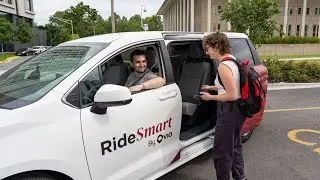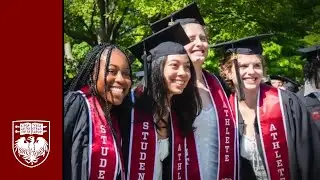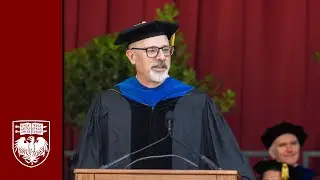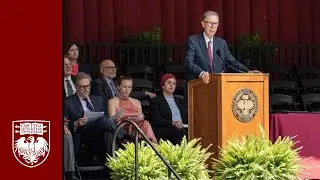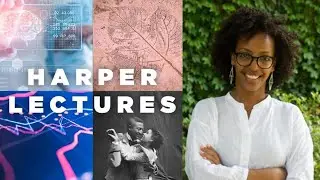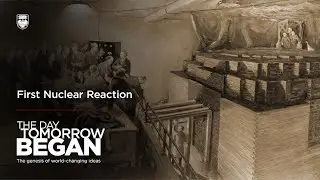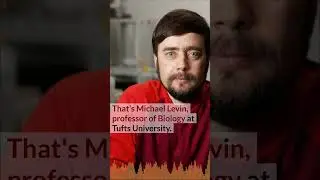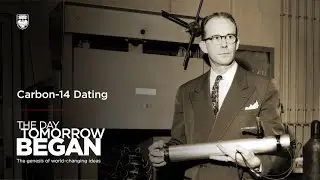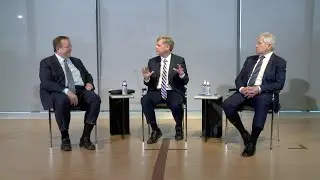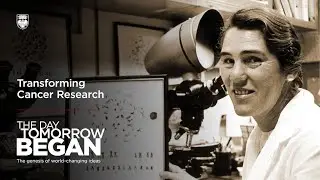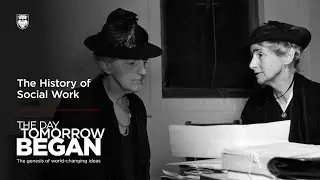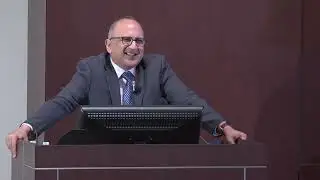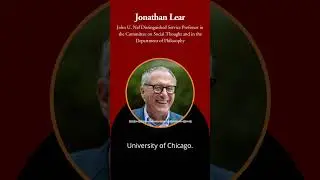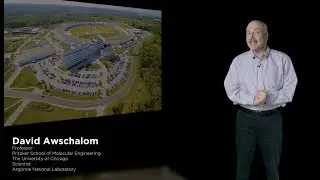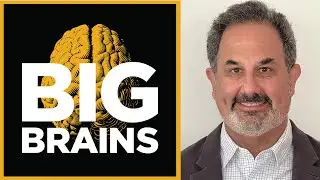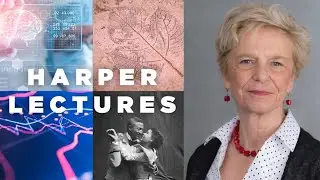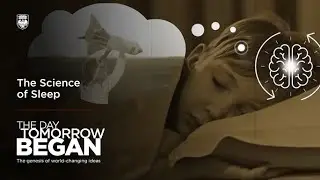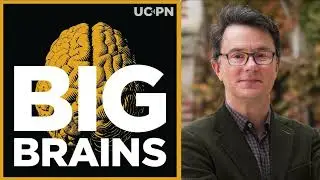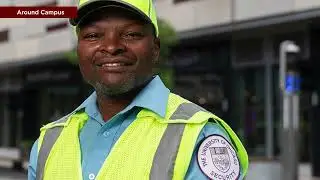Transforming cancer research: The Day Tomorrow Began at the University of Chicago
In the mid-20th century, we knew very little about the causes of cancer. But one University of Chicago scientist became convinced that it involved a factor that had few suspected—and her discovery would fundamentally change the way we understand and treat cancer.
In 1972, UChicago scientist and physician Janet Rowley took the first step towards a greater understanding of this complex disease. Poring over photographs of chromosomes taken from the malignant cells of leukemia patients, she noticed something odd: Two chromosomes had consistently swapped genetic material in each of the patients. In patient after patient, she found the identical genetic swap, known as a translocation.
Today, scientists at the University of Chicago continue to build upon Rowley’s work. From advancing immunotherapy—a treatment that uses the body’s own immune system to detect and destroy cancer—to planning the city’s first freestanding clinical cancer center, UChicago continues to deepen our knowledge and develop innovative new treatments in the fight against these complex diseases.
Read more here: https://news.uchicago.edu/the-day-tom...
Immunotherapy explained: https://news.uchicago.edu/explainer/w...
Discover The Day Tomorrow Began here: https://news.uchicago.edu/the-day-tom...
Watch The Day Tomorrow Began playlist: • The Day Tomorrow Began: The Genesis o...
➡ Subscribe: http://bit.ly/UCHICAGOytSubscribe
About #UChicago:
Since its founding in 1890, the University of Chicago has been a destination for rigorous inquiry and field-defining research. This transformative academic experience empowers students and scholars to challenge conventional thinking in pursuit of original ideas.
#UChicago on the Web:
Home: http://bit.ly/UCHICAGO-homepage
News: http://bit.ly/UCHICAGO-news
Facebook: http://bit.ly/UCHICAGO-FB
Twitter: http://bit.ly/UCHICAGO-TW
Instagram: http://bit.ly/UCHICAGO-IG
University of Chicago on YouTube:
/ uchicago
***
ACCESSIBILITY: If you experience any technical difficulties with this video or would like to make an accessibility-related request, please email [email protected].
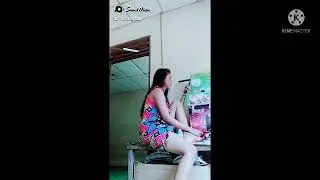

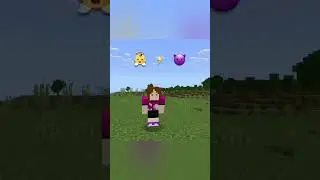




![[4K] Amazing Schlieren Traction Elevator at Sorell Hotel in Zurich, Switzerland](https://images.videosashka.com/watch/pWu47O4tK2o)

